Farm & Food File
A syndicated column by Alan Guebert
U.S. History
A Kiss and a Prayer for Our Benefit
Posted on June 15, 2022
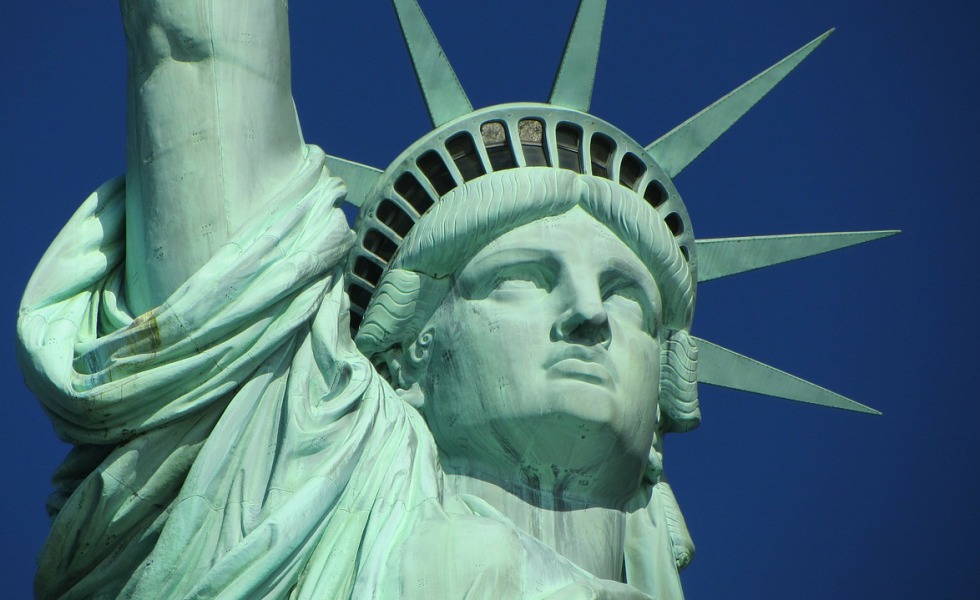
This year Memorial Day falls on its traditional day, May 30, the day set aside–originally as “Decoration Day”– to honor the nation’s military dead after the Civil War. In 1971, however, Congressional fussbudgets unhooked the solemn day from tradition and now it floats to whatever day follows the last Sunday in May.
That was a mistake […]
‘I have said we have to see some results!’
Posted on June 15, 2022

It’s no surprise that the nation’s five largest meatpackers, according to a May 12 government report, “engaged in a concerted effort with Trump Administration political officials to insulate themselves from coronavirus-related oversight.”
After all, the House Select Committee on the Coronavirus Crisis (the Committee), the body charged with oversight of government’s response to the pandemic, released […]
Harvested Cattle, Slaughtered Markets
Posted on June 15, 2022
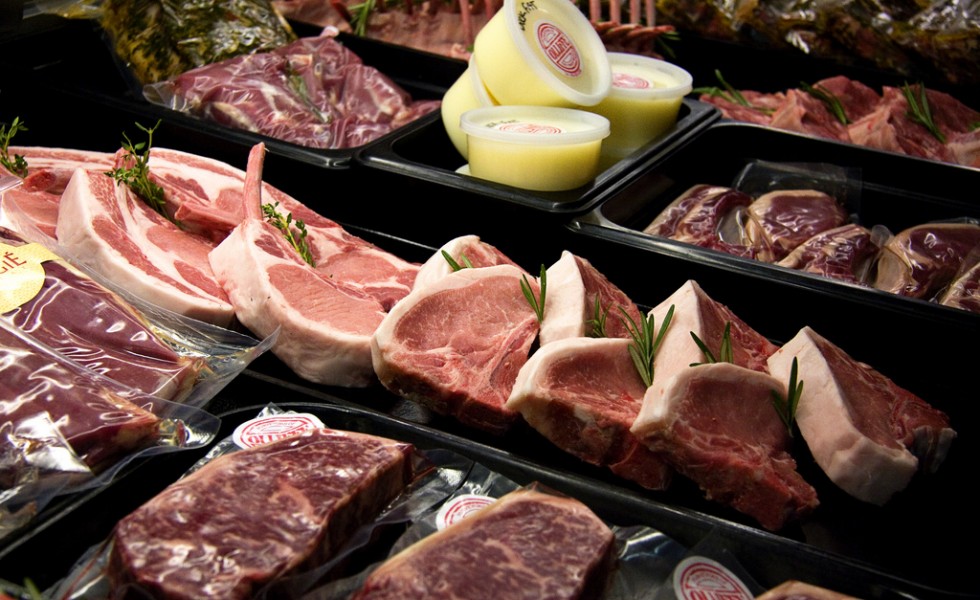
You don’t need to be a vegan to know that livestock and poultry aren’t “harvested,” the squeaky clean verb that’s become fashionable among farm and ranch groups to minimize the end–as in The End–of most animals their members grow.
Soybeans are harvested; pigs are slaughtered. Wheat is harvested; cattle are slaughtered.
It’s not a minor point, insists […]
‘I used to say FDA stood for foot-dragging artists”
Posted on May 13, 2022
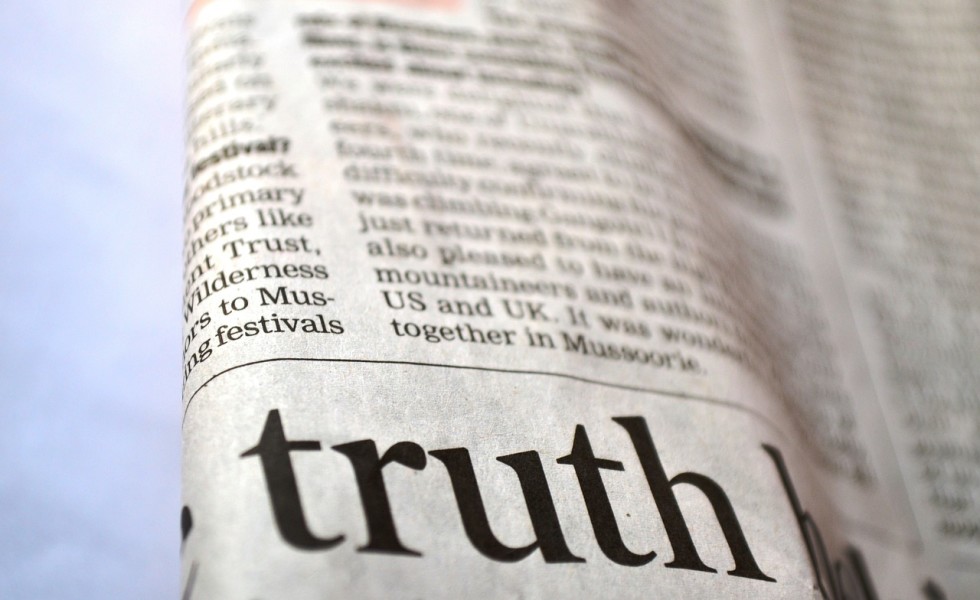
FDA is, of course, government shorthand for the Food and Drug Administration or, as Helena Bottemiller Evich makes crystal clear in a deeply-sourced, richly detailed April 8 exposé, the Food and Drug Administration.
The emphasis is required, explains Bottemiller Evich, a senior editor and ag reporter at Politico, because “a monthslong… investigation” found “that regulating food […]
Twenty-five hundred gallons of water per bushel of irrigated corn is ‘too much’
Posted on May 6, 2022

In a recent telephone conversation, a southwest Kansas farmer casually noted that he had stopped growing irrigated corn some years back because “it cost too much.” Curious, I asked what it cost to irrigate an acre of corn in his arid, cattle-feeding-and-corn-hungry corner of the state.
“It wasn’t the money,” he quickly explained, “it was the […]
Big Food Makes Big Ag Look Like a Piker
Posted on May 6, 2022
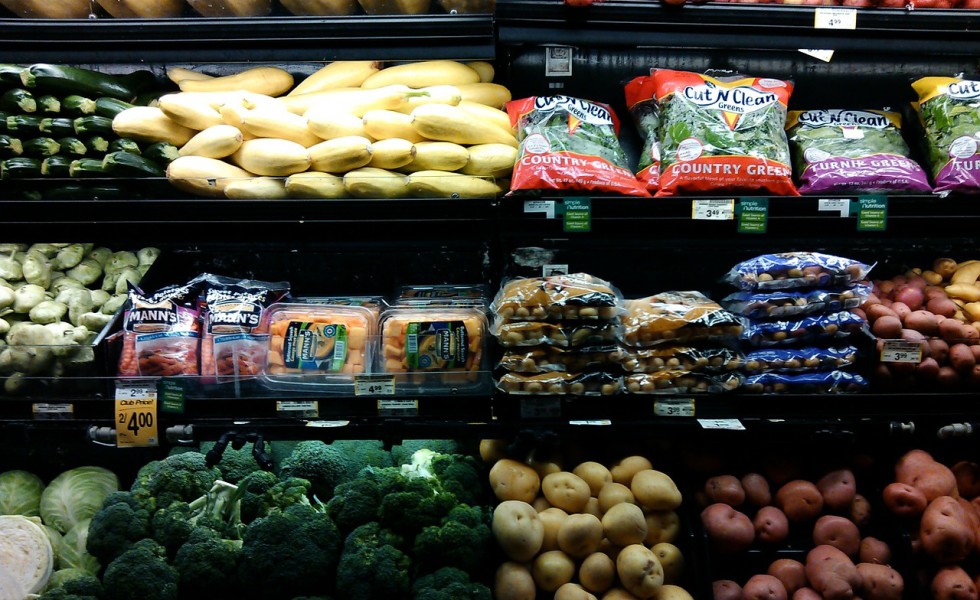
If you think Big Ag has too few suppliers, too few buyers, and too few farmers and ranchers, you need to meet Big Food. It is big-time big.
Who is Big Food?
That straightforward question was tackled by academics, journalists, and legal professionals in a day-long conference on March 12, titled “Reforming America’s Retail Food Markets,” at […]
Coming war for U.S. crop acres renews food-versus-fuel fight
Posted on May 6, 2022
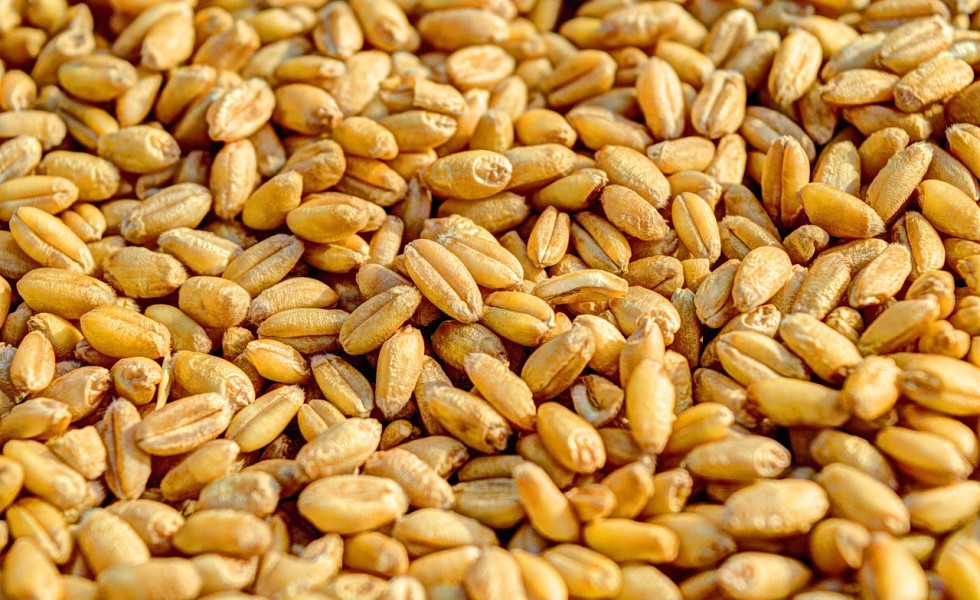
American farmers are long familiar with acre wars. This regional, late winter scrum is a showdown over how many acres of corn, soybeans, cotton, and wheat acres farmers will plant mainly in the Midwest, Great Plains, and South.
Most years these fights are decided by a variable–and oftentimes volatile–combination of three elements: what market prices are […]
Global Food Chains Face More Uncertainty, More Instability
Posted on March 31, 2022
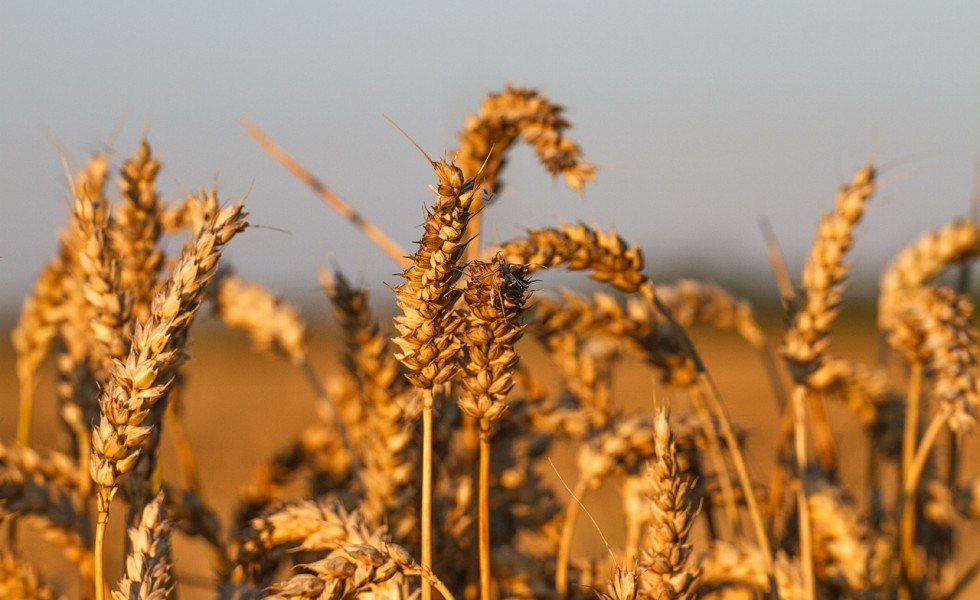
For the second time in two years, a history-making calamity has shown just how fragile the world’s efficiency-driven, deeply interdependent food system is.
Two years ago, a rampaging pandemic threatened America’s pantries. Today, Russia’s invasion of Ukraine threatens supplies of key ag inputs like fuel and fertilizer while causing deep disruptions to global wheat, corn, and […]
“Broken Systems Raise Costs Far Faster Than Resilient Ones”
Posted on March 18, 2022

One of the most beautiful–and inexplicable–aspects of economics is how its practitioners never seem to be wrong.
Indeed, almost every school of economic thought, from John Maynard Keynes’ demand-driven economics on the left to Arthur Laffer’s supply-side economics on the right, is crowded with disciples defending their leader’s theories and just often, if subtly, attacking their […]
Land Values Face Trouble in Coming Decade
Posted on March 18, 2022
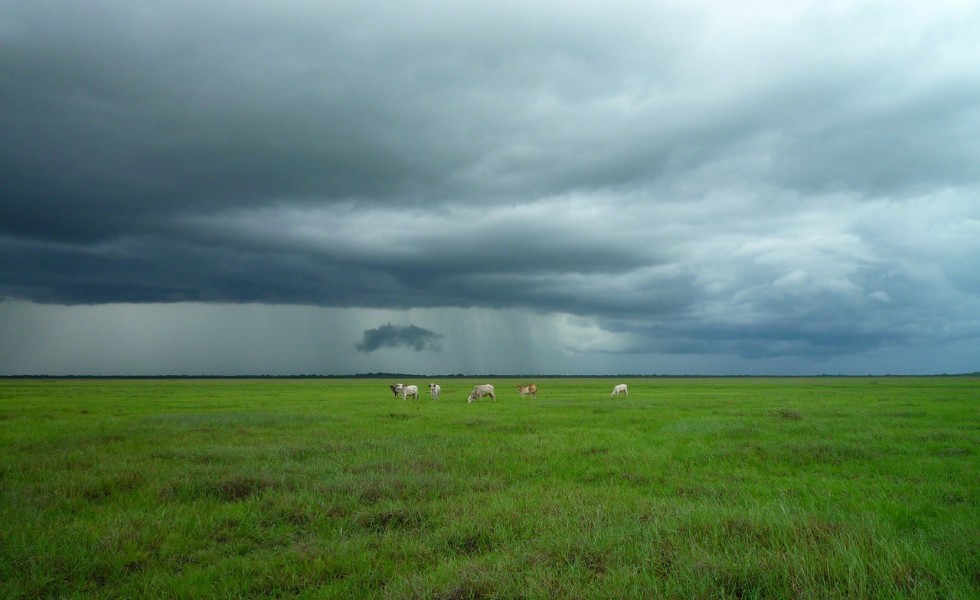
It’s the choices we make in the good times, the grandson of a Kansas homesteader once told me, that determine our farming successes, not the choices we make in the bad times.
Why? Because, he explained, in the good times we have the money to make big mistakes and in the bad times we’re too poor […]